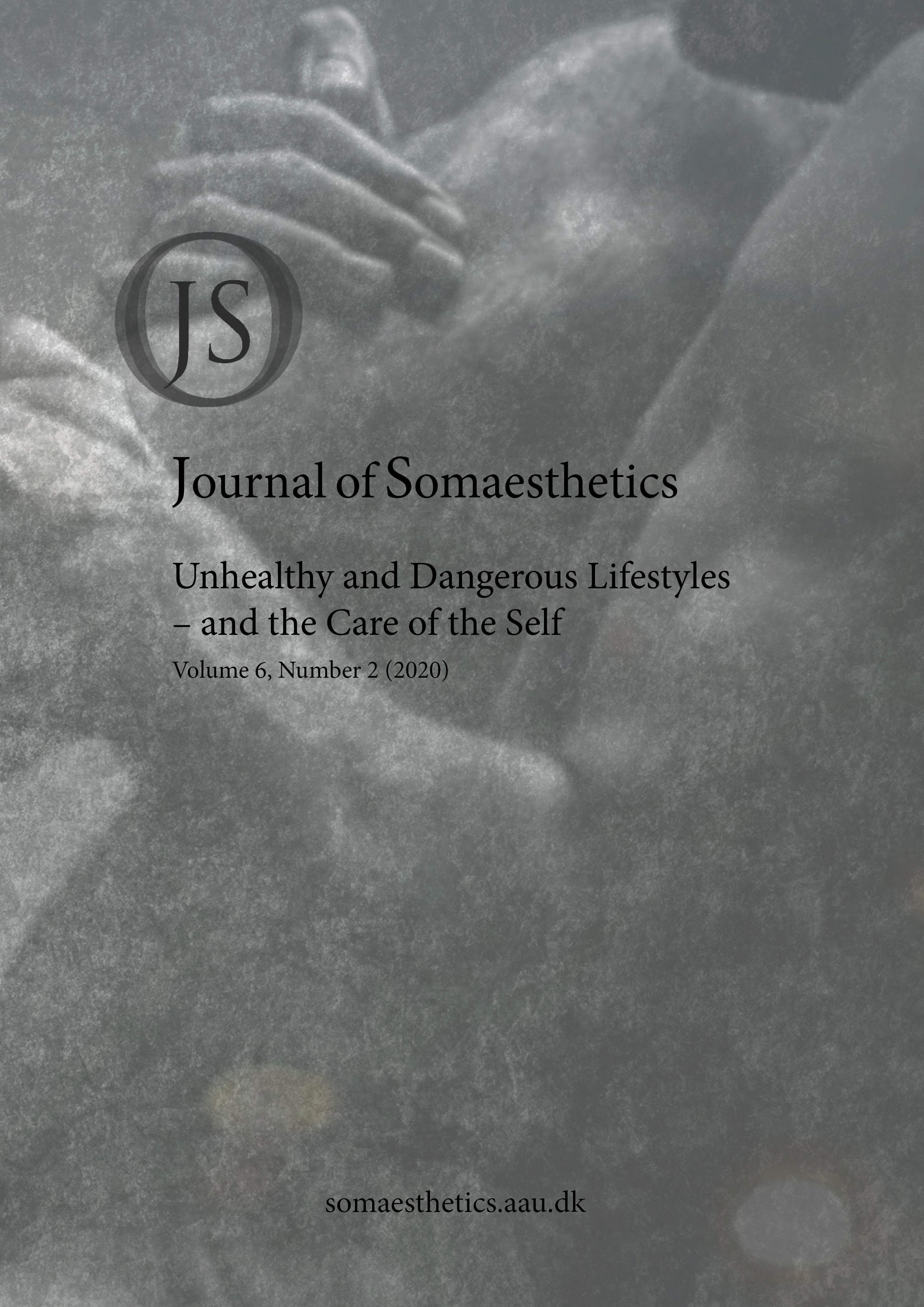Unhealthy lifestyle or modern disease? Constructing narcotic addiction and its treatments in the United States (1870-1920)
DOI:
https://doi.org/10.5278/ojs.jos.v6i2.6237Abstract
The nature and management of narcotic addiction, and by extension, the nature and management of those who struggle with it, are not recent issues in the United States. Despite the current opioid epidemics and the apparent discovery of prescription-drug addiction, medical treatment of opioid dependence is already more than 100 years old. Is compulsive drug consumption a vice? A disease? A lifestyle? How does it affect the minds and bodies of those who suffer from it? How can they be cured? In the 1870s, physicians were already struggling with such questions when they pioneered what would become known as “addictology” in the 20th century. This article first endeavors to retrace the emergence of the conceptualization and perception of opiate addiction in the late 19th and early 20th centuries. From “imported vice” to “unhealthy lifestyle” and finally “nervous disease”, narcotic dependence became an increasingly important source of concern for turn-of-the-century physicians, precipitating a rapid and sometimes dangerously disjointed medicalization. This study then explores the different facets of early addiction treatments, their philosophies, their views on “addicted bodies” (particularly through the lens of lifestyle and heredity), and their impact on the evolution of addiction management programs.
Downloads
Published
Issue
Section
License
Articles published in The Journal of Somaesthetics are following the license Creative Commons Attribution-NonCommercial-NoDerivs 4.0 Unported (CC BY-NC-ND 4.0). Authors retain copyright and grant the journal right of first publication with the work simultaneously licensed under a Creative Commons Attribution License: Attribution - NonCommercial - NoDerivs (by-nc-nd). Further information about Creative Commons
If excerpts, tables, figures, charts, artwork or photographs from other copyrighted works are included in an article, it is the author’s responsibility to obtain written permission from the copyright owners and credit the source’s in the article and citation list.


